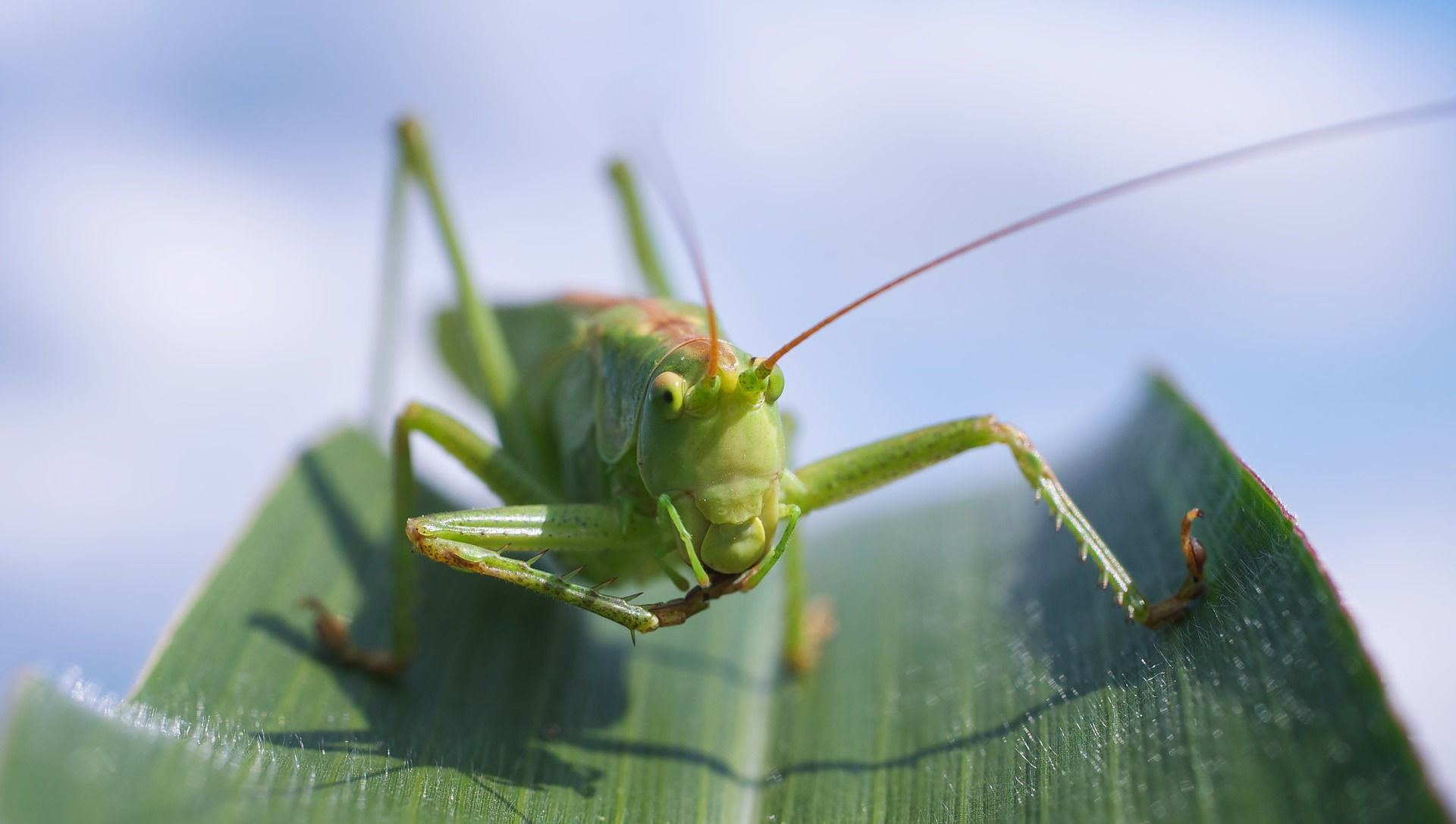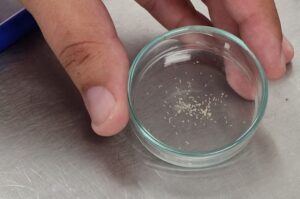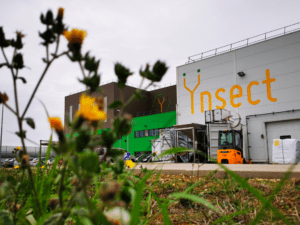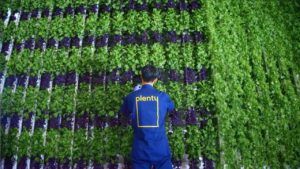Israeli grasshopper farming firm Hargol Foodtech has raised $600,000 in seed funding from Sirius Venture Capital in Singapore and SLJ Investment Partners in The Netherlands.
According to founder Dror Tamir, his company is the only active, commercial-scale grasshopper farm in the world and consumer products customers are clamoring to get this traditional protein source. Existing grasshopper cultivation is done in Mexico where some farmers grow crops to attract them. There is also an opaque and sometimes destructive practice of sneaking onto farms to collect grasshoppers, which can damage crops.
Hargol’s singular status is likely because grasshoppers are difficult to cultivate at scale due to their lengthy incubation period and seasonal breeding. “Many of the cricket farmers in the US tried to grow grasshoppers and are still trying,” he said. He says that other operations have failed because they were unable to speed up the insects’ natural cycle. “These are challenging creatures to work with.”
Through manipulating temperature, humidity, light, ventilation and “more,” Hargol claims to have shortened the incubation time for eggs from 40 weeks to 2-4 weeks, and increased the number of life cycles from one per year to 10. “It’s about timing, it’s about climate, it’s about providing the right conditions at the right time,” he continued. “This is getting us out of seasonal farming into intensive farming.”
The grasshopper farms at scale look very similar to chicken coops, consisting of 30 square meter climate controlled rooms with cages stacked from floor to ceiling. The facilities also contain vertical walls of hydroponically grown wheat grass. This provides food for the insects — grasshoppers eat grass — during a crucial point in their development, while outside sources are used to source mature grasses.
The modest facilities and low cost of labor mean that insect farms can operate at scale while staying fairly lean. “We can do things manually and it’s still cost effective.”
Tamir said that this explains the company’s relatively modest funding round. With $600,000 he can increase his growing capacity five times over and start fulfilling orders within the next three weeks.
Right now the company is focused exclusively on the US market because regulations are relatively easy to manage. He already has orders on the books from insect product development companies, restaurants, and retail giants like Whole Foods have expressed interest.
“It’s a very funny story. They just gave us a call. When you try to get in to Whole Foods, it takes a long time just to get a response from a buyer. We got a phone call from one of their VPs [two years ago] saying ‘We want your product on our shelves.’ My response to that was ‘What product?’”
In terms of nutrition, grasshoppers have a marketable profile with 72% protein, all essential amino acids, and a balanced ratio of omega-3 and omega-6 fatty acids.
In addition to interest from nutrition and snack companies in a milled grasshopper powder product, Tamir says that 30% of their incoming requests from the US market are for the whole insect. “There are tens of millions of Mexicans in the US and for them chapulines, the local Mexican grasshopper, is the national dish; they love it and there is not supply of it. No one is able to grow them.”
Ironically, the regulations in Mexico are some of the most complicated in the world while the US import regulations for grasshoppers are the most simple and clear, he adds.
Hargol is also looking to crack the pet food market but regulations surrounding that sector are much more complicated in the US and Tamir says that the pet food industry has told them that American pet owners balk at the notion of feeding their pets insects.“You wont believe it. Grasshoppers are part of the natural diet of pets — cats and dogs and reptiles — but when the pet owner thinks about their pet eating that, they find it disgusting,”
Also drawing Hargol to the US, consumer market are the high prices, driven by high demand for insect protein. Further, grasshoppers are the only kosher and halal insect.
As more insect farming operations come on line, the economics may change and pet and livestock feed may make more sense. Hargol was in animal nutrition company Alltech’s first cohort for the new Pearse Lyons Accelerator Program earlier this year and is investigating his product as a possible feed additive. Israeli incubation group Trendlines has invested in the company in the past.
















